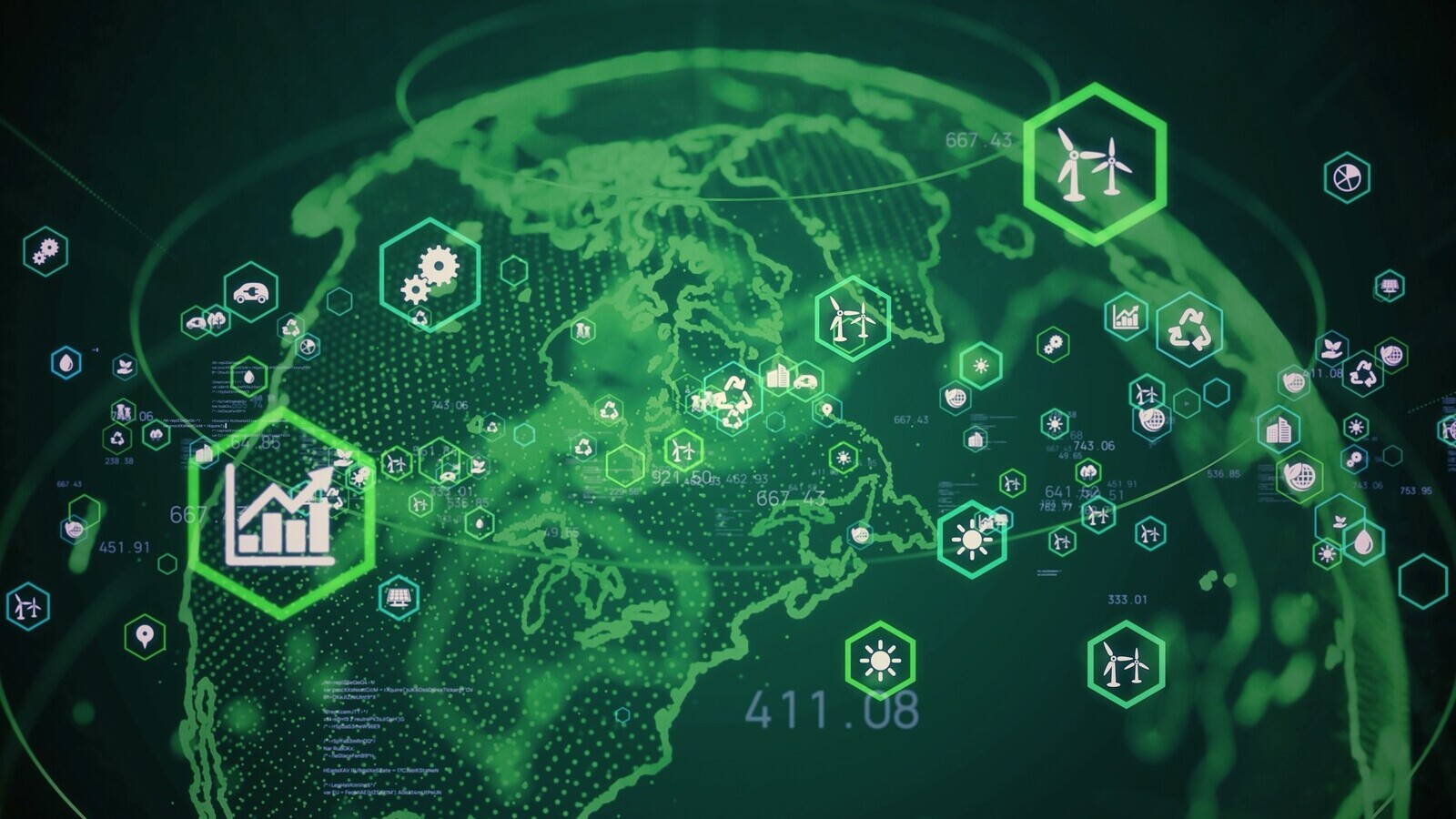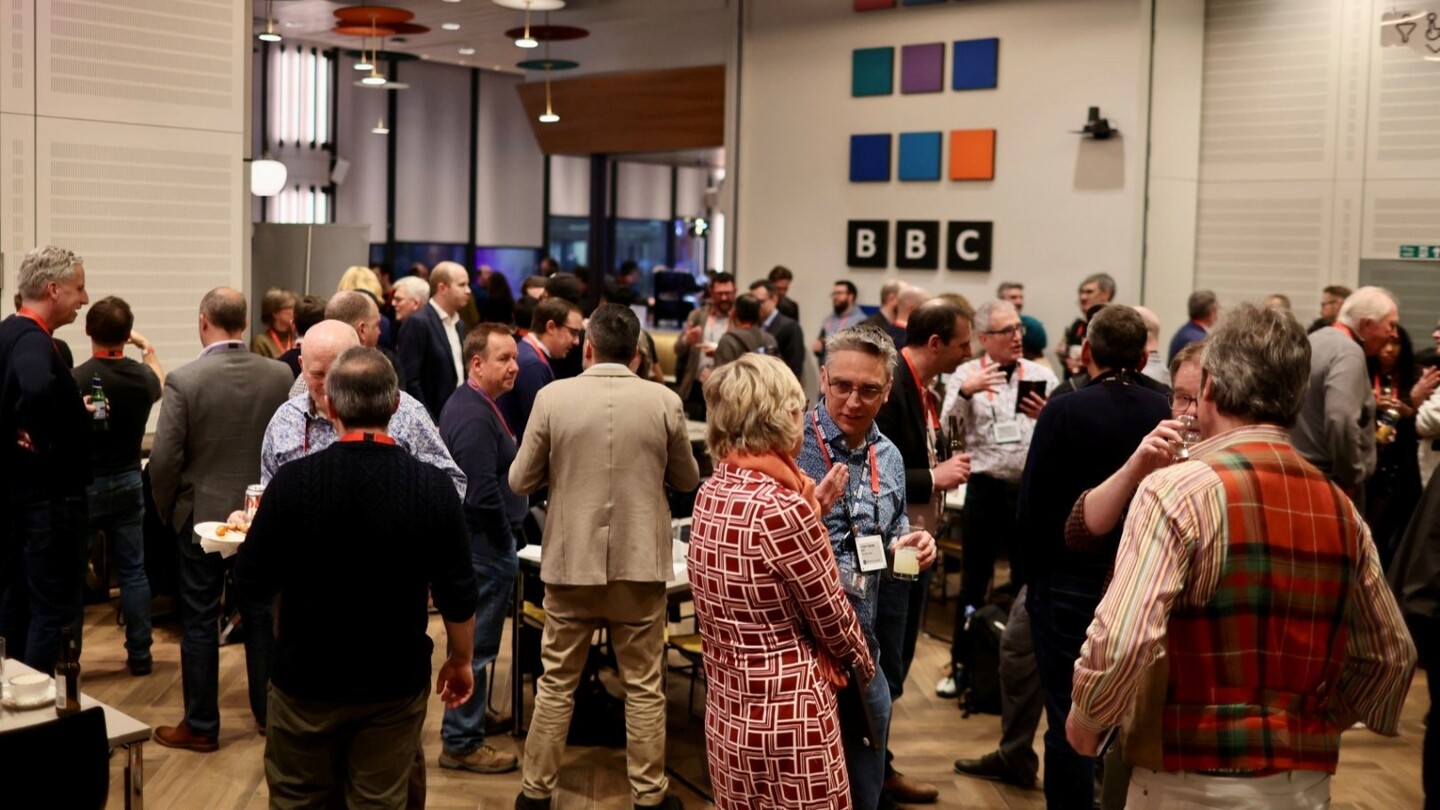How can we make processing, streaming and the consumption of media more sustainable? That’s the question posed by the ECOFLOW: Energy-Conserving Optimization for Future-ready, Low-impact Online Workflows project, proposed by Humans Not Robots and Accedo.tv, with support from Champions ITV and BBC.
The project tackles the environmental impact of media consumption by developing consolidated metrics for energy usage at major steps of the end-to-end technology supply chain, aligning best-of-breed energy-saving features into a unified user experience. It will essentially determine and demonstrate opportunities to make processing, streaming and media consumption more measurable and sustainable.
As Kristan Bullett, CEO of, Humans Not Robots, explains: “If you can’t measure something, you can’t improve it.
“Measurement of power and environmental impact is extremely challenging. We are building on the activities of organisations doing live streaming and putting a framework in place that allows cross-organisation understanding and ensuring we’re using the right tools and the right measurement techniques so...
You are not signed in.
Only registered users can view this article.
NAB show review: Tariffs, technology and legacy business in the spotlight
Artist led, AI driven, fan-first media show the way forward at a NAB show dominated by tariff-suffering hardware vendors and advertiser weakened broadcast.

Virtual Production: Practical advice for lighting the volume
Adrian Pennington explores the many and varied lighting considerations for shoots within an LED volume where the ambition is to seamlessly marry virtual and real world environments.
Bright future: How CoSTAR will ideate the next wave in UK creative IP
If the UK’s creative industries are to continue to add hundreds of billions of pounds in value to the country’s economy then much will rely on the success of a new network of tech labs exploring the future of media.
 10 (1).jpg)
OTT evolution: Shifting business models, monetisation and personalisation
Over the past two decades, the over‐the‐top (OTT) industry has undergone a remarkable transformation from a niche experiment to a multi‐billion‐dollar ecosystem, writes John Maxwell-Hobbs.
.jpg)
AI through the looking glass: Digital natives
When it comes to AI, the M&E industry should take a more active interest in the views of its young people if it wants them to remain part of it, writes James McKeown.





